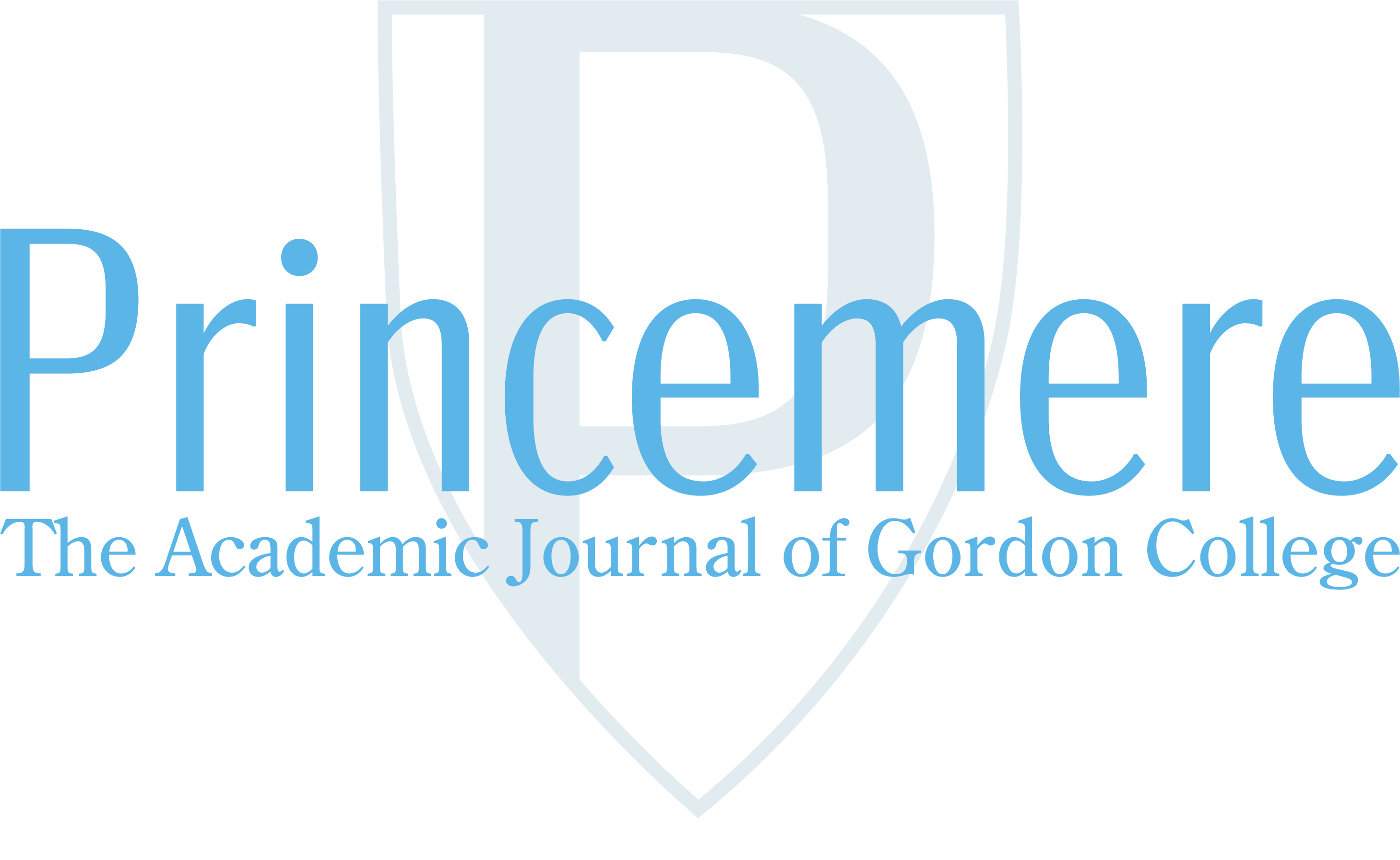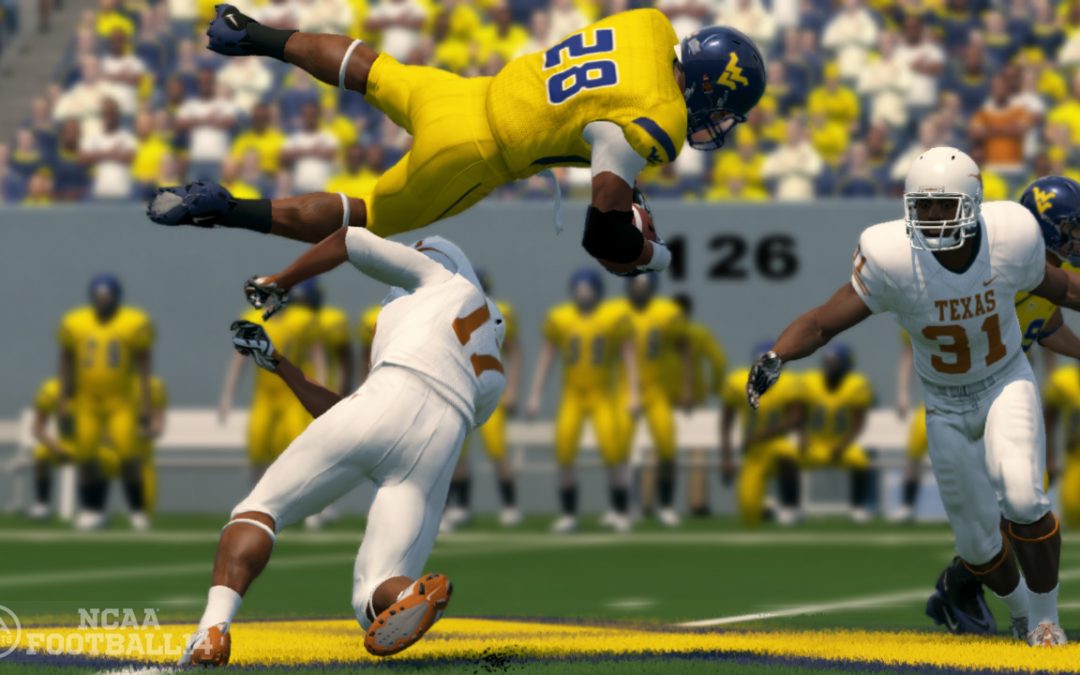Hundreds of millions of people tune in to watch sports each year. The Super Bowl alone accounts for over 100 million views. A professional athlete’s salary is often determined by their respective contribution to entertainment, so it makes sense to see them paid accordingly. If a professional athlete can make millions of dollars to entertain every season, then why and how is the life of a college athlete so significantly different? If anything, being a NCAA Division I college athlete would be seemingly more difficult. At a high level, a college athlete must balance hours of school work and classes with 30-40 additional hours spent focused on athletics each week, while also missing handfuls of classes at a time due to traveling and sporting events. (thetriangle.org). Proposing that the NCAA should take on thousands of contracts to pay its athletes is an ambitious step forward, however, allowing a college athlete to promote themselves in order to make a living is not far-fetched.
Just a few years ago, the National College Athletic Association (NCAA) signed a TV deal with CBS for the rights to broadcast March Madness. This ludicrous deal gives the NCAA just under $1 billion per year for a three-week span of Division I men’s basketball (ESPN.com).
Though perhaps some of this money is allocated towards scholarships or other beneficial programs for athletes, the athletes themselves are unable to be paid for the entertainment that they provide. Should the source of entertainment not receive reward?
Regarding the possibility of NCAA athletes being paid, Michael Wilbon of ESPN declares, “That’s right, football and men’s basketball players get paid; lacrosse, field hockey, softball, baseball, soccer players get nothing. You know what that’s called? Capitalism.” (ESPN.com). If the idea of the NCAA paying athletes ever broke the surface, the compensation would never be equal across all the Division I sports, but as Wilbon stated, it wouldn’t be unjust to pay certain athletes more than others; it works the same way with professional sports; for instance, female athletes often make less money than male athletes due to less popularity. In addition to monstrous television deals, college coaches are compensated handsomely for a job that is not nearly as grueling. Nick Saban, the Alabama head football coach, earns $8.3 million annually, while a smaller school’s coach may only make a tenth of that. (ESPN.com)[1]. Why should a coach be able to make an exponentially larger amount than a player does? Yes, athletes are technically “compensated” through scholarship (“Texas Review of Entertainment and Sports Law”)[2], but is this compensation enough to reflect the amount of revenue they provide the NCAA with? Though some athletes feel properly compensated already with scholarships, there is some evidence that proves that legally these athletes must be paid. Robert McCormick, a Michigan State law professor says, “There are more demands put on these young men than any employee of the university…These young men are laboring under very strict and arduous conditions, so they really are laborers in terms of the physical demands on them while they’re also trying to go to school and being required to go to school.” (COOPER, KENNETH J., “Diverse: Issues in Higher Education”). He argues that athletes are under federal labor laws. Thus, they are entitled to negotiate wages, hours, and working conditions.
If there’s an argument that athletes should be paid because they fall under labor laws, then it would also be fair to say that athletes should be paid sheerly because of the massive risk they take to pursue a career in athletics. 1 in 17 (5.8%) of high-school seniors move on to play NCAA Football, and of that 5.8%, 1 in 50 (2%) make the NFL, meaning that 0.09% of high-school seniors go pro. “That’s about the chance you have an IQ above 150, as measured by the Stanford-Binet test. The average IQ of Ph.D. students is 130.” (“What Are Your Odds of Making the Pros?”). The odds of making the NBA: 0.03%, even lower and about the odds of getting 4 of a kind in the first round of draw poker. (“What Are Your Odds of Making the Pros?”)[3]. Alone from just the minuscule odds of reaching a professional level in the field of athletics, it seems like athletes should at least be compensated for their efforts in some form, before even mentioning the additional risk of injury at a high level of athletics. “The unsafety of the sports alone should be reason enough for players to earn some kind of revenue from going out and competing for their schools.” (“College athletes deserve to be paid for their play”). At a high level of competition, players are far more susceptible to injury. The average NFL career is only 2.5 years (“College athletes deserve to be paid for their play”)[4], largely in part to the physicality and high-risk nature of playing a professional sport. With the meager chance of even receiving the chance to play a sport professionally, as well as the further odds of getting injured, it makes being an athlete one of the riskiest professions out there.
Much of the disagreement and conflict involving the payment of student-athletes stems from legal stipulations such as Title IX and the Sherman Anti-Trust Act. There are multiple legal roadblocks that would prevent any change in the near future, and additionally may provide controversy if they were to be eliminated entirely. As much as athletes deserve to be payed, it is unfair to pin the blame entirely on the NCAA. As an organization, the NCAA does a great job with transparency. They allocate almost 60% of their annual revenue back to schools, helping to provide athletes with scholarships and a higher level of education and wellness at their respective schools, and further clarify where the money goes. $168 million to the “Basketball Performance Fund”, $146 million to the “Grants-in-Aid Fund”, and hundreds of millions more allocated to various other funds for a total of nearly $590 million in the 2019 distribution plan. (NCAA.com)[5]. The National College Athletics Association doesn’t receive nearly as much credit as they deserve. Though they may not be entirely open to paying the Division I athletes, it isn’t necessarily due to something that is in their control.
The idea of paying NCAA Division I athletes isn’t something too far-fetched, however is a concept that most likely wouldn’t be applicable in the very near future. A more feasible short-term option would be allowing athletes to market themselves.
This sort of proposal shouldn’t be something that worries the NCAA too much because it only has positive effects on their organization. Gary Parrish, a writer for CBS, insightfully comments, “what we’d have is a system where the best players in the biggest sports would be financially compensated, and the system wouldn’t cost the NCAA or its member institutions a penny.” (cbssports.com). A free opportunity for the NCAA seems hard to pass up. With no duty of paying the athletes themselves, the NCAA could sit back, and watch their athletes market themselves, and reap the rewards. With the incentive of money, athletes are far more likely to remain at school for more than just one year and are also more likely to compete at a higher level, fear free from the consequences of getting injured before making a dime. Ratings would be up. Revenue would be higher. Athletes would be happy, and so would the NCAA.
The only downside of a solution allowing Division I athletes to market themselves: recruiting advantages. Gary Parrish points out, “All that would mean is that the most powerful schools with the strongest fan bases and biggest budgets would have recruiting advantages over the less-powerful schools with weaker fan bases and smaller budgets, which is EXACTLY THE WAY COLLEGE BASKETBALL IS RIGHT NOW. In other words, the same programs that are good today would likely be good tomorrow.” (cbssports.com). Large name colleges already have an advantage in recruiting athletes due to their top of the line facilities, and ultimately money, so how would something like this drastically change anything?
With any issue, you will always have to weigh the pros and the cons of change, and from there, make a rational decision. It is easy to make an argument for and against the payment of athletes by the NCAA, thus it wouldn’t be ridiculous to make a change and wouldn’t be ridiculous to keep things the same. However, when it comes to allowing Division I athletes the ability to market themselves, the pros far outweigh the cons. The issue of not allowing these athletes to make money in college is something that people should expect to be changed in the very near future.

Daniel Rodd
In my free time I like to play soccer and basketball. I enjoy spending time with friends and listening to music.

